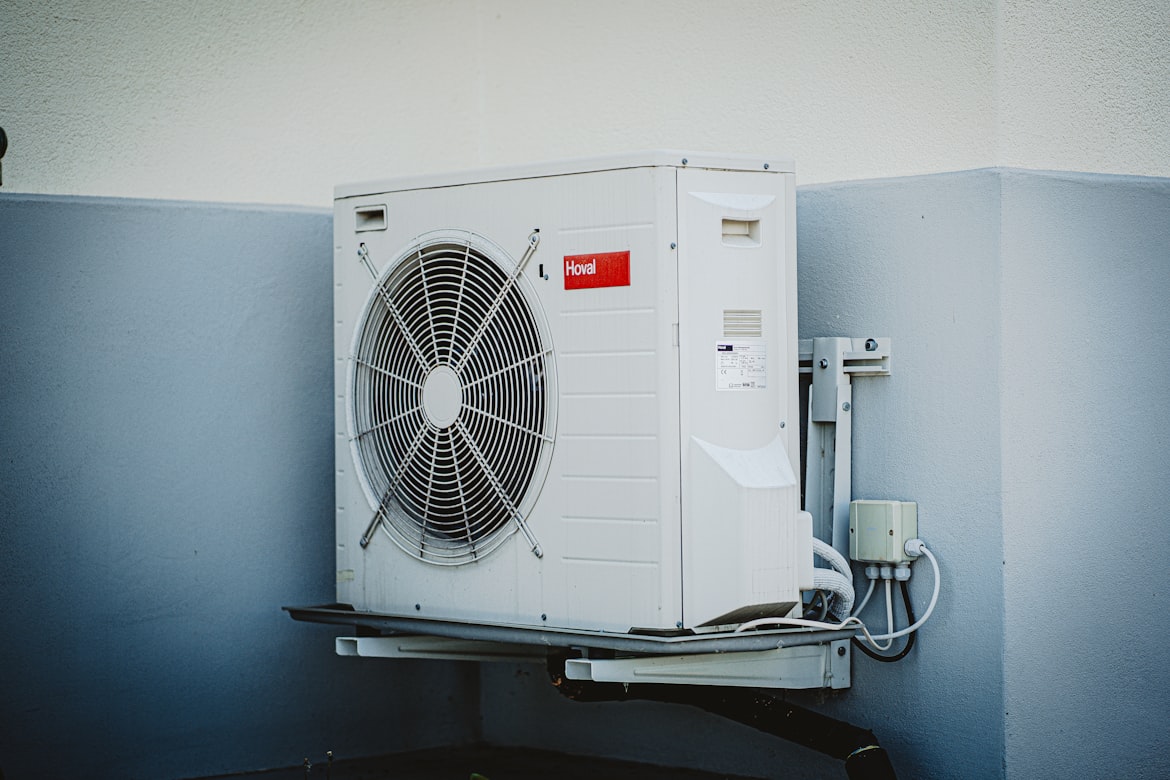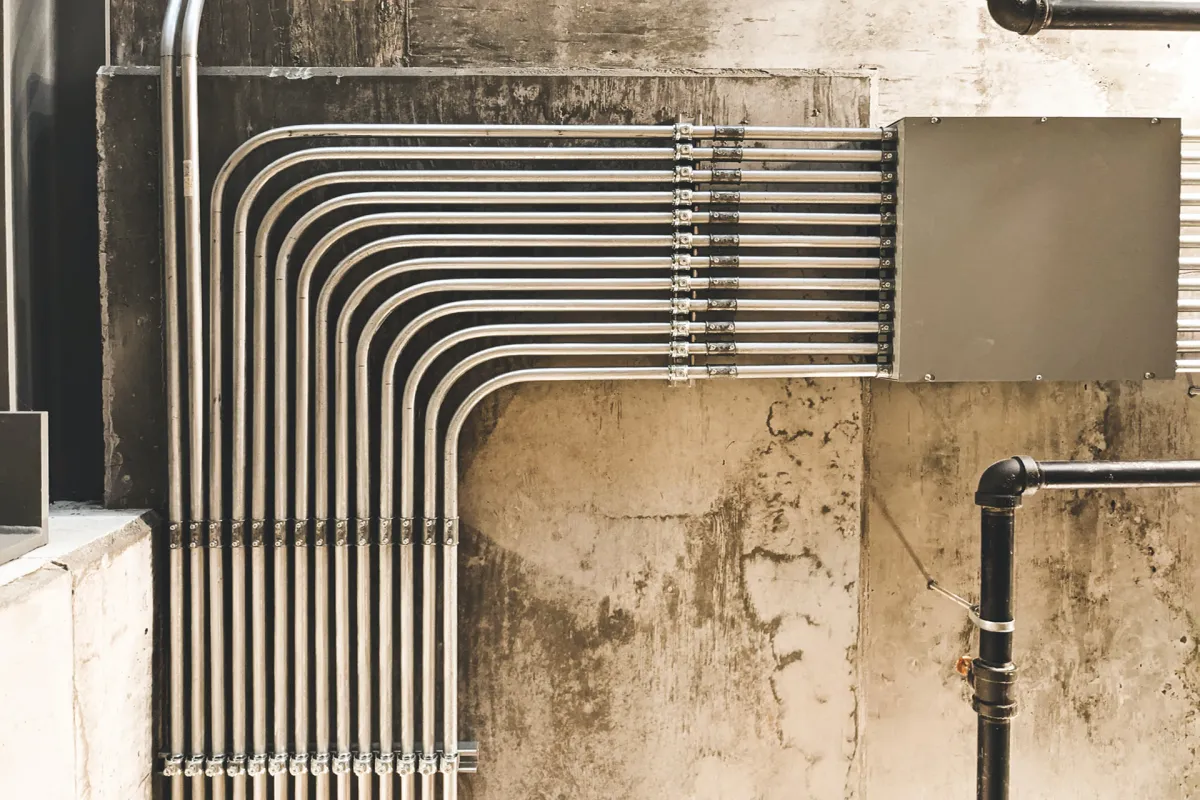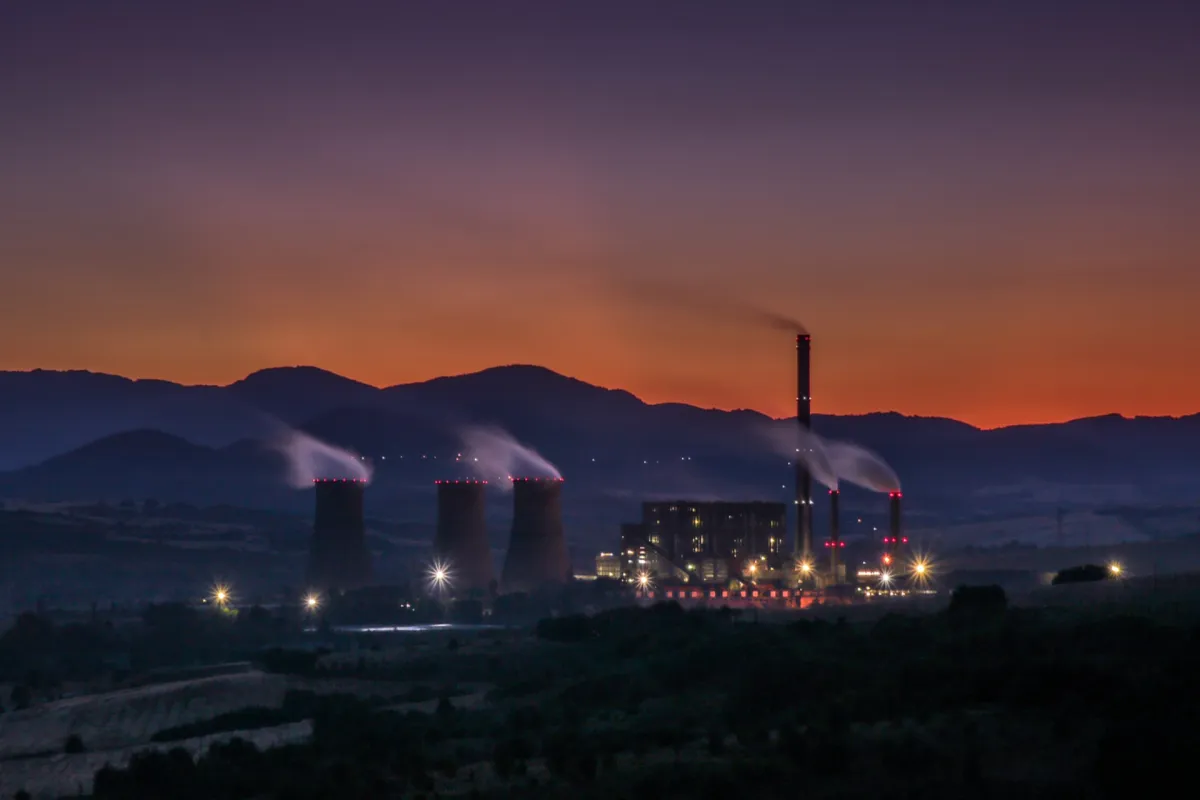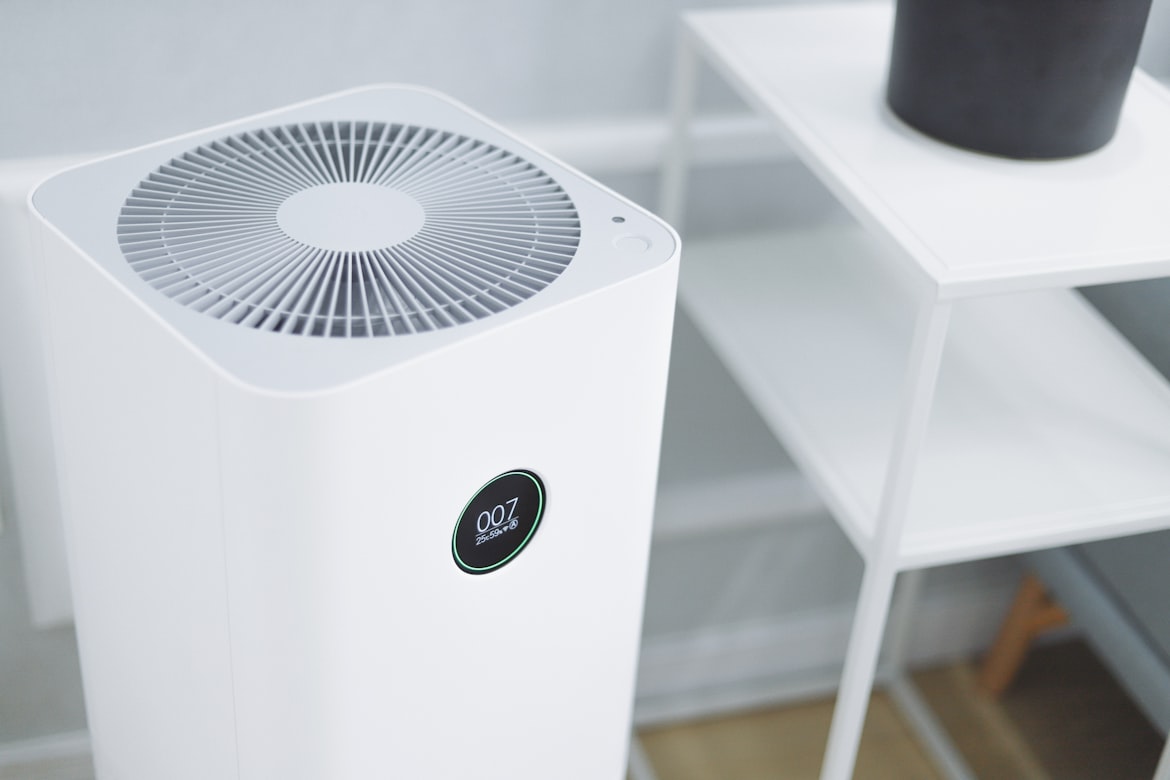Milwaukee HVAC Network
Connecting Milwaukee Residents with Professional HVAC Contractors

The Future of Comfort: Exploring the Latest Trends in HVAC Technology
The HVAC industry is at the forefront of a technological revolution. Gone are the days of simple, on/off heating and cooling systems. Today, innovations in HVAC technology are redefining comfort, energy efficiency, and indoor air quality. As concerns about energy consumption and environmental impact rise, these advancements not only address homeowners’ needs but also align with sustainability goals. Let’s delve into the latest trends shaping the future of HVAC systems.
Smart HVAC Systems and the Internet of Things (IoT)
The Trend: The integration of smart HVAC systems with IoT technology is transforming how we control indoor climates.
What It Means:
Smart HVAC systems allow homeowners to monitor and adjust their heating and cooling from anywhere using mobile apps, voice assistants, or AI-driven predictive algorithms. These systems optimize energy consumption by learning your habits and proactively maintaining efficiency, even detecting issues before they escalate into costly repairs.
Benefits:
Greater control and convenience
Enhanced energy efficiency
Proactive maintenance
Looking for the latest smart thermostat?
Google Nest Learning Thermostat (4th Gen, 2024) with Nest Temperature Sensor
Variable Speed Technology
The Trend: Variable speed compressors and blowers deliver precision and energy savings compared to traditional single-speed units.
What It Means:
Unlike systems that operate at full capacity or not at all, variable speed technology adjusts output based on demand. This reduces energy use, wear and tear, and ensures consistent, quiet operation for stable temperatures.
Benefits:
Improved comfort with stable temperatures
Reduced energy consumption
Quieter performance
Explore energy-efficient HVAC units with variable speed technology here
Ductless Mini-Split Systems
The Trend: Ductless mini-split systems are growing in popularity for their flexibility and efficiency.
What It Means:
These systems provide zoned heating and cooling without ductwork, making them ideal for retrofitting older homes or areas where traditional systems are impractical. Their efficiency and ease of installation make them a cost-effective solution for many homeowners.
Benefits:
Zoned temperature control
Flexible, quick installation
Lower energy bills
Upgrade to a ductless mini-split system today
Geothermal HVAC Systems
The Trend: Geothermal systems utilize the earth’s stable underground temperatures to provide eco-friendly climate control.
What It Means:
By leveraging renewable energy, geothermal HVAC systems offer unparalleled energy savings and minimal environmental impact. While the upfront cost is significant, their long-term benefits in energy savings and reliability make them an excellent investment for eco-conscious homeowners.
Benefits:
Environmentally friendly with a low carbon footprint
Substantial energy savings over time
Durable and reliable performance
Indoor Air Quality (IAQ) Technologies
The Trend: Advanced IAQ technologies are revolutionizing how HVAC systems enhance indoor environments.
What It Means:
With features like HEPA filtration, UV lights, and humidity control, modern HVAC systems reduce allergens, bacteria, and pollutants. These advancements create healthier living spaces and improve overall indoor air quality, addressing growing concerns about respiratory health.
Benefits:
Healthier indoor environments
Reduced allergens and pollutants
Mold prevention with humidity control
Boost your home’s air quality with our top-rated air purifiers
Smart Zoning Systems
The Trend: Smart zoning allows precise temperature control for different areas of your home.
What It Means:
Smart zoning systems customize heating and cooling for individual rooms or zones, reducing energy waste and ensuring maximum comfort for everyone. These systems are easy to manage via smartphone apps, adding to their convenience.
Benefits:
Energy savings by targeting specific zones
Personalized comfort for family members
Remote control and scheduling options
Find out how to set up a smart zoning system
Refrigerant Advancements
The Trend: Eco-friendly refrigerants with lower global warming potential (GWP) are becoming the standard in HVAC systems.
What It Means:
Modern refrigerants reduce environmental harm while enhancing system performance and sustainability. These innovations align with global efforts to minimize ozone depletion and greenhouse gas emissions.
Benefits:
Reduced environmental impact
Improved energy efficiency
Greater sustainability
ClimaTemp ECO-TEC CT-12 Spot Cooler 12,000 BTU, 1-Ton

The Future of Home Comfort
As HVAC technology evolves, homeowners gain access to smarter, more efficient, and sustainable solutions. From smart integration to geothermal innovation, the industry is setting new standards for comfort and energy efficiency.
HVAC systems are no longer limited to basic heating and cooling. By embracing these innovative trends, homeowners can achieve greater comfort, energy savings, and healthier living environments. Whether you’re exploring smart HVAC systems, ductless mini-splits, or eco-friendly refrigerants, the future of comfort is here—and it’s better than ever.












Get Connected With a Trusted Milwaukee HVAC Contractor
Copyright 2022 . All rights reserved
Disclaimer: Milwaukee HVAC Network is not a licensed HVAC contractor. By submitting your information, you consent to being connected with a licensed HVAC contractor in Milwaukee, WI, who will handle your service request. We do not provide HVAC services directly.